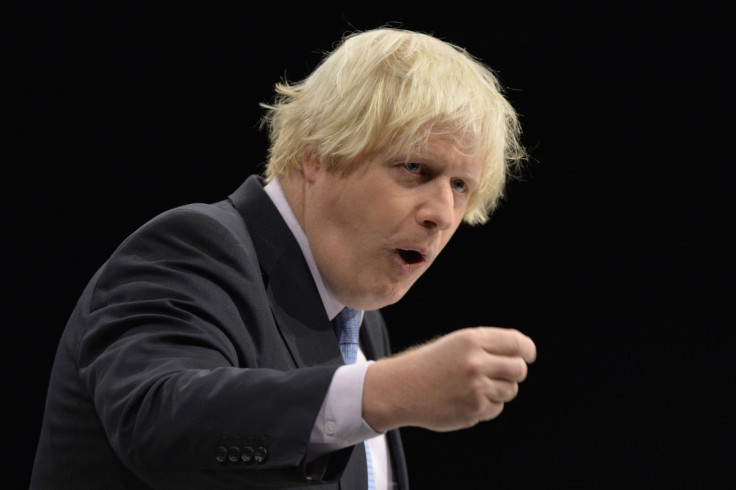Mayor of London Boris Johnson Promises 5G in the Capital Within Six Years

London Mayor Boris Johnson is to unveil a long term infrastructure plan later this week that will aim to make the nation's capital the world's first major 5G mobile network.
The next generation data network is planned for 2020 and would improve current 4G mobile internet speeds by up to 250 times, making it possible for Londoners to download a film in less than a second.
"London is earning a reputation for being the tech capital of Europe and that is why we need to ensure every Londoner is able to access the very best digital connectivity," Johnson said.
"Londoners increasingly regard broadband as another utility and I am expecting a wide variety of providers will want to work with me to make this aspiration a reality. Rapidly improving the connectivity of this great city is a key part of the Infrastructure Plan for London."
Earlier this year, Prime Minister David Cameron announced that a deal had been struck between the UK and Germany to "fast forward" the introduction of 5G in both countries.
Speaking at the CeBIT 2014 trade fair in Hanover, Cameron said that it was his ambition to make the UK the "most digital nation in the G8".
Johnson's 5G intentions will be unveiled on Wednesday through his Infrastructure Plan 2050, which will also outline the city's long term energy, education and transport plans.
Johnson is set to pledge that tenants and prospective purchasers would be given much more detailed information about internet speeds at individual properties in the future. By gathering the data, he hopes that a map can be drawn up of where improvements are most needed.
London's digital tech sector is anticipated to create an additional £12 billion of economic activity and 46,000 new jobs in the capital over the next decade, according to recently published research by Oxford Economics.
However, speaking at the launch of the first-ever London Technology Week last month, Johnson said that a lack of "kick-ass business people" and "a certain British diffidence to making billions of pounds" was potentially preventing the UK from producing a technology giant akin to Facebook or Google.
© Copyright IBTimes 2025. All rights reserved.






















